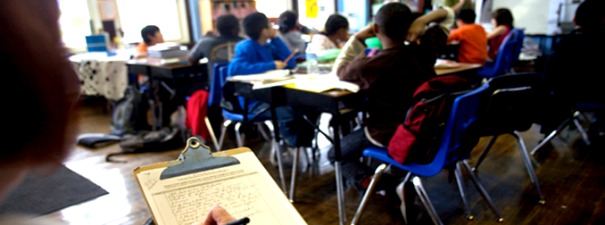
Ofsted has come in for some criticism recently and only a real shake up is likely to restore the confidence of the profession. Missed safeguarding incidents, turn-around judgements following the Trojan horse allegations and then the accusation of leaked Ofsted inspection dates. 2014 was something of an annus horribilis for the watch dog.
However, there has been some muted applause for the consultation outline, ‘Better inspection for all’ - the responses to which were published as a report last week.
This document does have factors in its favour. Inspectors will no longer be outsourced, and it is proposed that ‘good’ schools only receive a short inspection every three years. Personal development and student welfare feature more strongly and, although the small print is yet to come, there is the sense that Ofsted will take a wider lens when inspecting our schools.
However, the consultation document barely mentions SEN at all. Reference to ‘disability and special educational needs’ is relegated to page 12 under ‘additional considerations for inspectors’:
‘Inspectors will consider how well the provision meets the needs of disabled children and learners and those with special educational needs. No specific grade will be given but inspection arrangements will reflect changes to legislation and existing inspection guidance.’
It could be argued that consideration of SEN is threaded throughout and that ‘outcomes for children and learners’ covers everyone when it refers to the extent to which: ‘all children and learners progress well from their different starting points and achieve or exceed the expected age-related standards, and/or attain relevant qualifications so that they can progress to the next stage of their education into courses that lead to higher-level qualifications and into jobs that meet local and national needs.’
SEN children are covered by this statement. However, ‘different starting points’ still require that children ‘achieve or exceed the expected age-related standards’.
Since the document ‘Support and aspiration: a new approach to special educational needs and disability’, there has been an increased downgrading of the possibility of SEN. The document made some very valid points about over-diagnosis in our schools. However, the pendulum has swung perhaps a little too far.
Children with SEN and disabilities do exist. And not just those who will clearly qualify for an EHC plan. Many children have moderate needs that make learning difficult for them. They will never achieve age-related standards, no matter how much we wish it for them. High aspirations and increased expectations have a role, but they should not be allowed to detract from those children for whom provision needs to be different.
It might be unduly pessimistic and I might be an enemy of promise, but the new consultation provides no guarantee that SEND will hold the attention of inspectors in the way that it should. Neither will it provide those schools who battle daily to support their SEN pupils with the platform they need to celebrate their achievements.
Suzanne O'Connell, Editor, Every Child Update